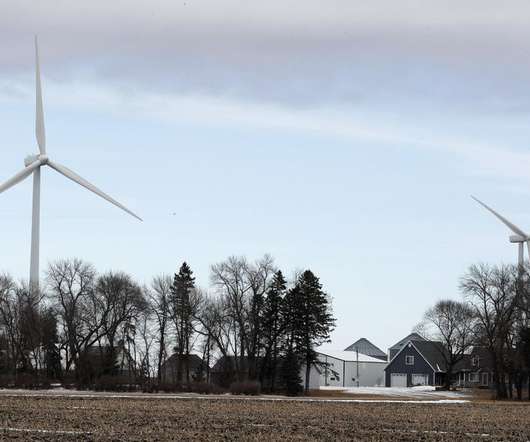Sustainable Rail International, U of Minnesota partner to develop most powerful carbon-neutral locomotive, using new steam engine and biocoal
Green Car Congress
MAY 22, 2012
Biocoal exhibits the same energy density and material handling properties as coal, but unlike coal, it is carbon-neutral, contains no heavy metals, and produces less ash, smoke and volatile off-gases. CSR plans to break the world record for steam locomotive speed, reaching 130 mph (209 km/h).

















Let's personalize your content